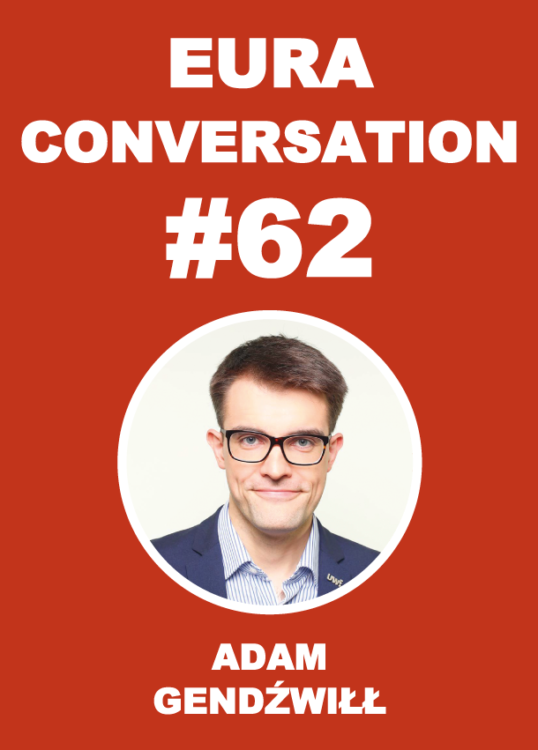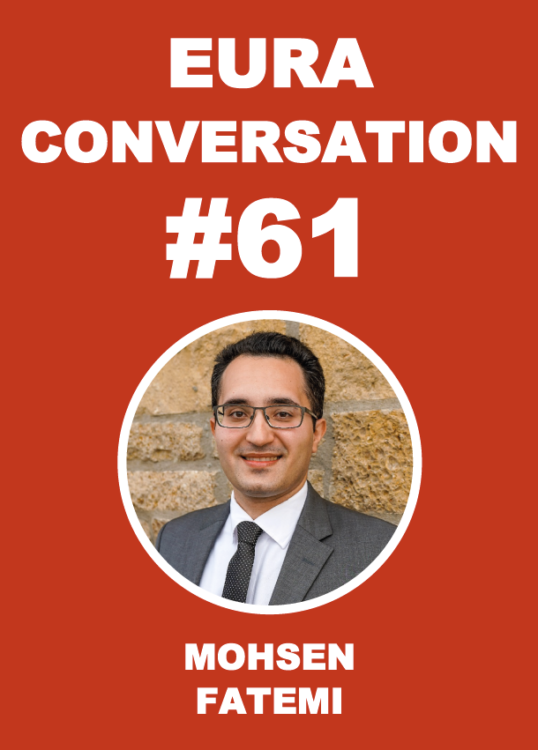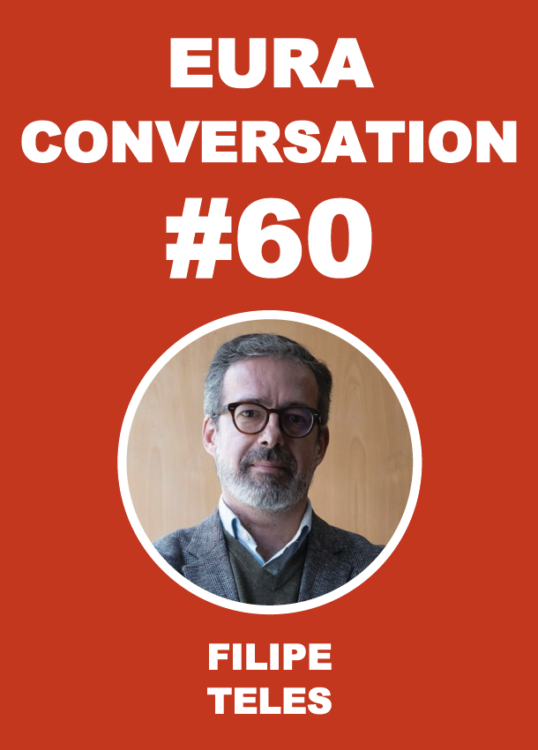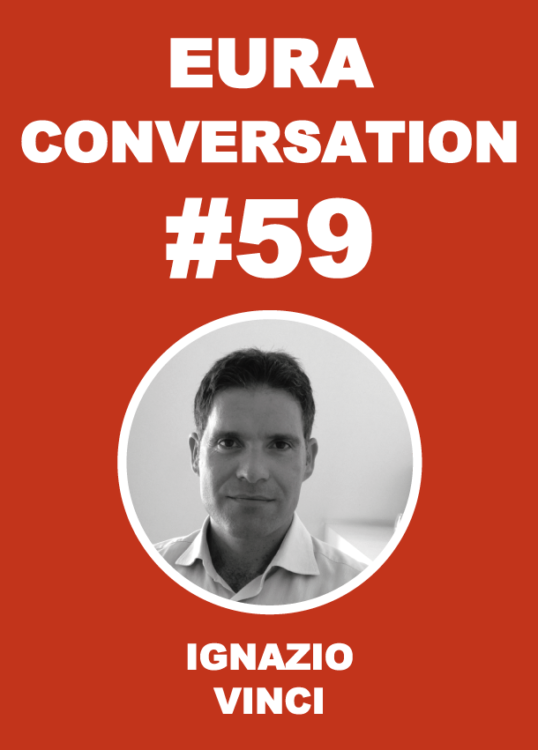
#5 Peoples’ responses
23/06/2020
#7 Community Response
13/07/2020#6 Healthy public spaces
by Marichela Sepe, University of Naples, Italy

The 2020 public health emergency has interested the whole word and, although in different manner and measure, changed habits and use by people of places and cities. In many countries public spaces became completely empty and new urban landscapes have substituted for the previous one, transforming the private into public. Houses and balconies were – and still are – used as work and study spaces, breaking down the boundaries between public and private life.
Children and young people have had their education moved onto the internet; many adults have started are working from home; elderly people now meet their grandchildren on the video of the computer. Children, young and elderly people are those who have had particular problems: for them, real life has been disrupted during an important period of their life.
During and after the lock down, people came to understand how important public spaces are. The reaction to the first reopened period was that many people in a massive way started to use them and often in a chaotic manner with a consequent risk to create new contagion risks. Many rules, varying by country were carried introduced. What it is important now is that the way we use public spaces should change. Healthy public spaces are good public spaces independently of whether there is a pandemic or not.
Some principles that could create healthier places include:
- to transform empty and disused places in public spaces;
- to encourage the use of places by people from different age groups, from children to the elderly;
- to eliminate architectural barriers which might discourage people with disabilities from frequenting that space;
- to retain an adequate state of cleanliness and maintenance;
- to improve suitable micromobility lines differentiating these from the pedestrian or running ones; to facilitate gymnastic activities – also slow – with the presence of small equipment or a designated space;
- to both allow and promote different types of functions such as games, breaks, walking, etc.. for many kind of uses and for many age groups;
- to create a suitable balance between the elements of nature, landscape and equipment in the composition elements of the space;
- to have both in streets and public spaces natural lighting during the day and artificial at other times, avoiding artificial light in daily hours;
- to increase artificial light in the evenings, allowing the possibilities to “use” the cities safely both for work or enjoyment reasons;
- to fully perceive naturally occurring smells – e.g. wood, grass, sea and to have direct contact with natural materials, preferably local, used in the design of the space;
- to have the possibility of using the space in different weather conditions and seasons, contributing at the same time to its good state of maintenance;
- to promote the educational function which a place has – e.g. clearly displayed information about history of the place etc. or suitable ways to use it – increasing its intrinsic value;
- to facilitate the use of new technology to increase the knowledge of its intangible values and history, offering a more profound experience of the place, and contemporaneously for flexible uses such as school, work, art performances and giving information about possible risks.
In next week’s contribution to EURA Conversations Paula Russell, University College of Dublin, Ireland offers some thoughts on “Community response”.






